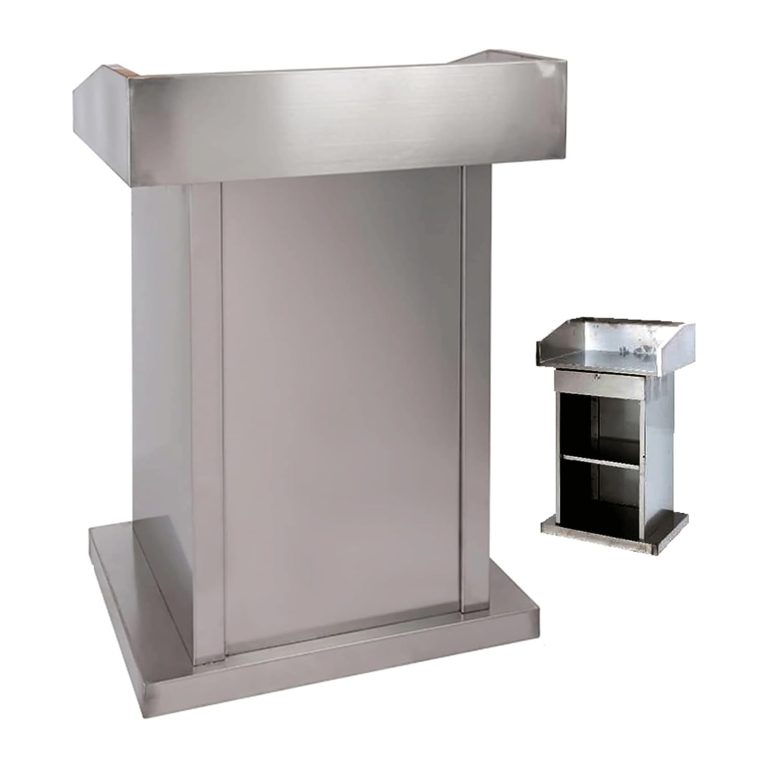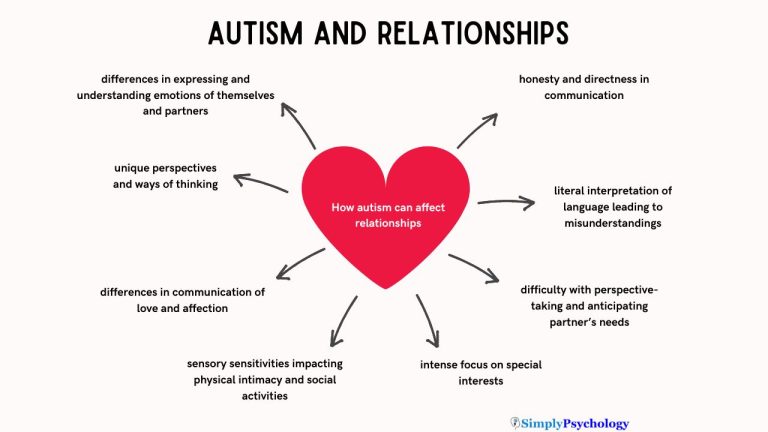What Can Replace Filler Words?
Are you tired of constantly using filler words in your speech? Do you find yourself relying on words like “um,” “like,” and “you know” to fill pauses in your conversation? Well, worry no more! In this article, we will explore the fascinating world of alternative phrases and techniques that can replace those pesky filler words. By mastering these strategies, you will be able to communicate more confidently, speak more fluently, and captivate your audience like never before.
Imagine a world where your sentences flow effortlessly, where every word carries meaning and purpose. This is the world you can create by eliminating filler words from your vocabulary. Whether you are giving a presentation, having a conversation, or delivering a speech, knowing how to replace filler words will enhance your communication skills and make you a more engaging and effective communicator. So, let’s dive in and discover the exciting alternatives that can transform your speech into something truly remarkable.
Question: What can replace filler words?
Answer:
Filler words are often used during speech as a way to fill in pauses or to buy time while thinking. While they may be common in everyday conversations, using too many filler words can make you sound less confident or unsure. Fortunately, there are several strategies you can employ to minimize your use of filler words and improve your overall communication skills.
One effective approach is to practice active listening. By actively engaging in conversations and paying close attention to what the other person is saying, you can reduce the need for filler words. This allows you to respond more thoughtfully and avoid using unnecessary fillers like “um” or “uh.” Additionally, taking a moment to gather your thoughts before speaking can help you formulate more concise and meaningful responses, further reducing the need for fillers.
Another technique is to use strategic pauses. Instead of filling in pauses with fillers, embrace silence and use it as a tool to emphasize your points. Pausing can also help you gather your thoughts, allowing you to deliver your message more effectively. When you feel the urge to use filler words, take a brief pause instead and continue speaking once you have composed your thoughts.
Question: Are there any alternatives to filler words?
Answer:
Absolutely! There are numerous alternatives to filler words that can help you communicate more effectively. One such alternative is to use transitional phrases. These phrases serve as connectors between thoughts and ideas, allowing for smoother and more coherent speech. Examples of transitional phrases include “on the other hand,” “in addition,” or “as a result.” By incorporating these phrases into your speech, you can eliminate the need for fillers and provide structure to your thoughts.
Another effective alternative is to use specific and descriptive words. Instead of relying on fillers, aim to convey your message with precision and clarity. Using vivid adjectives, adverbs, and nouns can enhance your language and make your speech more engaging. Additionally, practicing active vocabulary building can help expand your repertoire of words, allowing you to express yourself more effectively without the need for fillers.
Furthermore, engaging in regular public speaking or presentation practice can significantly reduce the reliance on filler words. By exposing yourself to situations where you need to speak in front of others, you can become more comfortable and confident in your delivery. This increased confidence will naturally decrease the use of fillers as you become more aware of your speech patterns and work towards improving them.
In conclusion, there are several effective alternatives to using filler words. By utilizing these strategies, individuals can enhance the clarity and impact of their communication. First and foremost, practicing active listening and thoughtful speech can significantly reduce the need for fillers. By being fully present in a conversation and carefully choosing our words, we can convey our thoughts and ideas more effectively.
Additionally, incorporating pauses into our speech can help create a more engaging and deliberate style of communication. Pausing allows for emphasis and reflection, giving our words greater weight and meaning. This deliberate approach can help eliminate the habit of relying on filler words, as we become more intentional with our speech.
Lastly, expanding our vocabulary and using descriptive language can enrich our communication and minimize the use of fillers. By actively seeking out new words and phrases to express ourselves, we can articulate our thoughts more precisely and eloquently. This not only enhances our ability to communicate without relying on fillers, but also adds depth and nuance to our conversations.
By implementing these strategies, individuals can replace filler words with more meaningful and impactful communication. Through active listening, deliberate pauses, and an expanded vocabulary, we can elevate the quality of our speech and engage others more effectively. So, let us strive to communicate with purpose and clarity, leaving behind the crutch of filler words for more powerful and engaging conversations.





